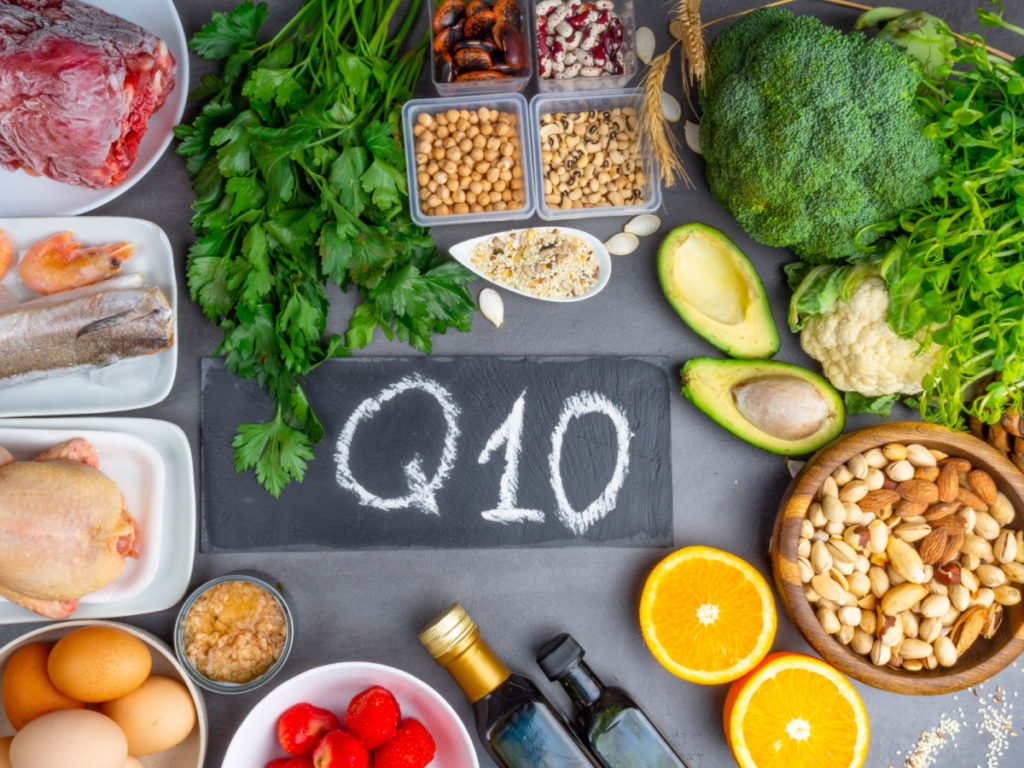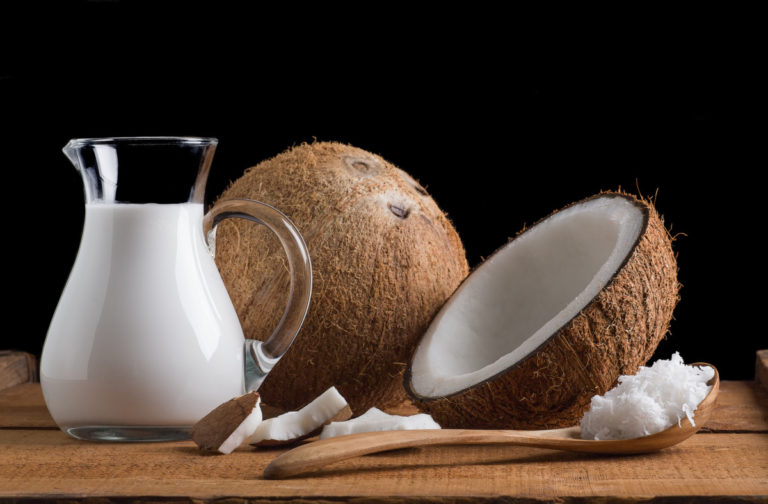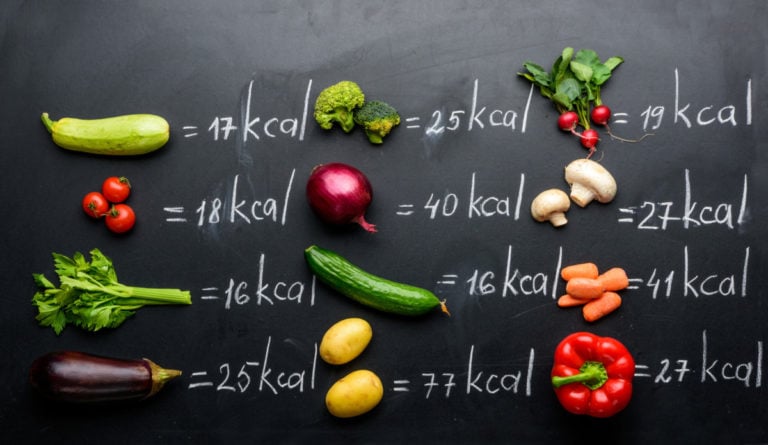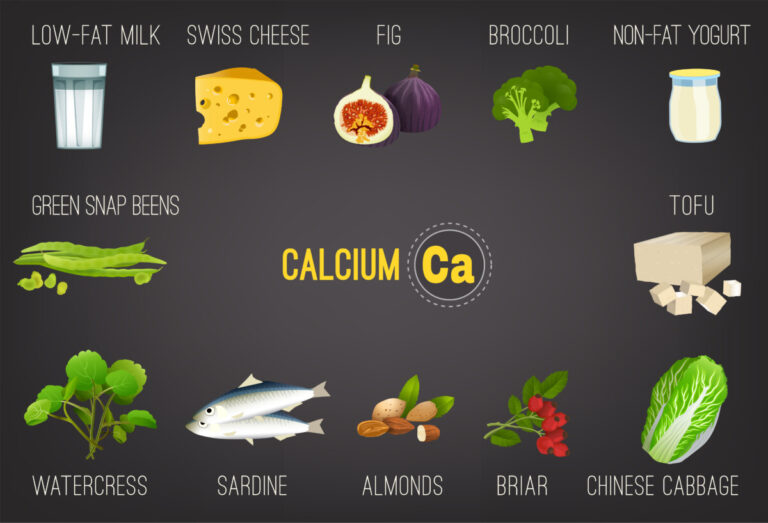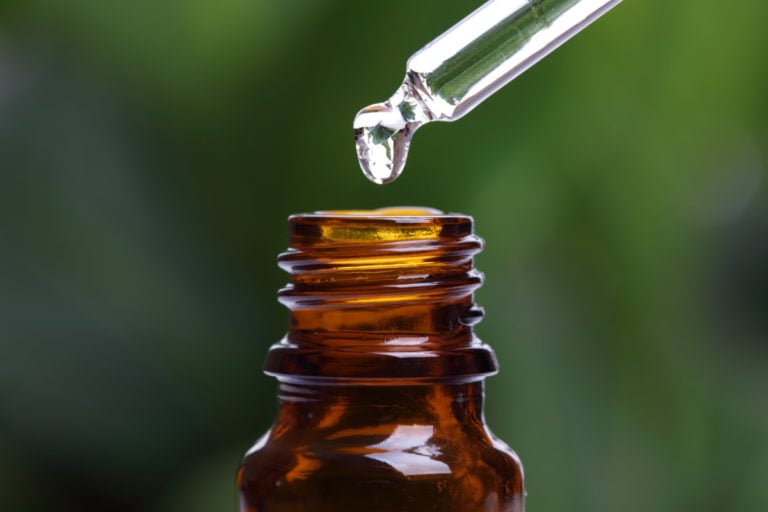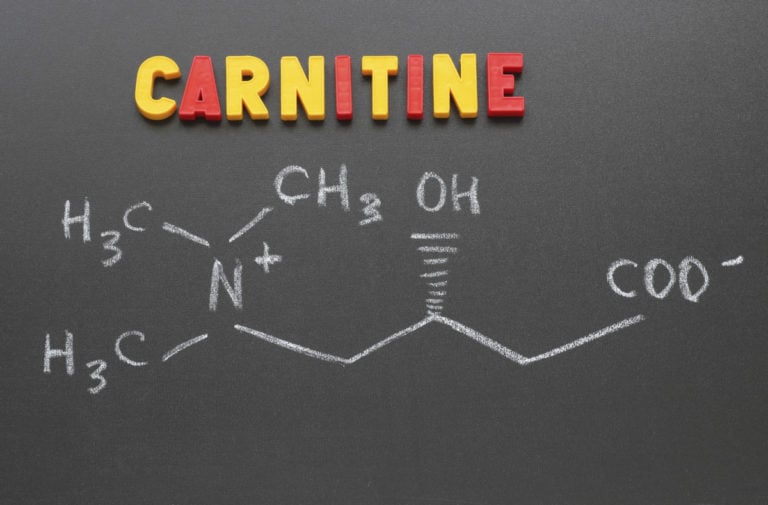Coenzyme Q10 (CoQ10) is an essential element needed by every cell in the body. As a powerful antioxidant, it reduces cellular aging and has been used in medical practice for decades, especially in the treatment of various cardiovascular diseases.
Two forms of it that are also used in dietary supplements are ubiquinone or ubiquinol (ubiquinol). Ubiquinol is the biologically active form of coenzyme Q10. Coenzyme levels are highest in heart muscle, liver, kidneys, and pancreas. It is stored in the mitochondria of cells – the so-called “cellular energy plants” and is actively involved in the production of cellular energy.
In addition to supplying cells with energy, CoQ10 is involved in the transport of electrons, provides energy to the heart, regulates blood pressure levels, and supports the work of a number of enzymes. Although the body produces it naturally, under certain conditions its synthesis can be reduced to a critical minimum.
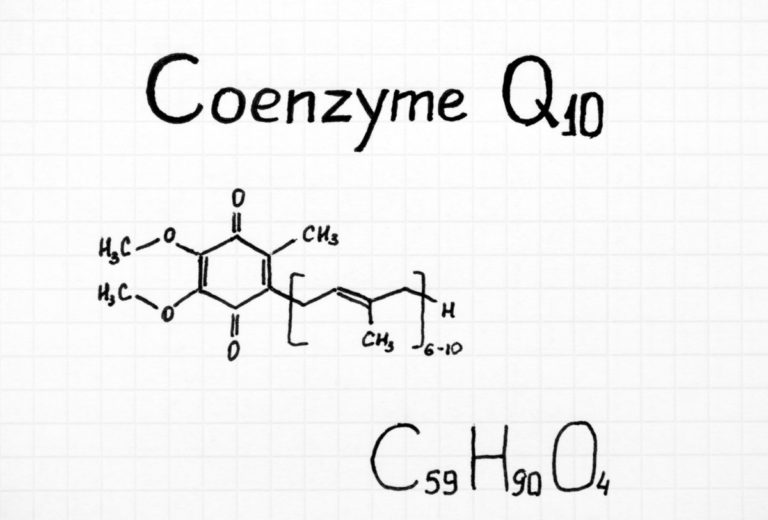
When deficient, the body lacks the necessary antioxidant defenses and greatly increases the risk of heart disease, memory loss, fatigue, fibromyalgia, and other conditions.
In addition to age, CoQ10 levels decrease under the influence of the following factors:
- chronic diseases
- high levels of oxidative stress, living in a polluted environment, working with chemicals, being treated with heavy drugs
- smoking and/or regular alcohol consumption
- deficiency of B vitamins
- mitochondrial diseases
- taking statins (medication to lower cholesterol)
As we age, the natural ability to convert CoQ10 to its active form, ubiquinol, decreases. This decline is most noticeable in people over 40, especially those taking statins. Patients with diabetes, cancer, and congestive heart failure have also been shown to decrease plasma coenzyme Q10 levels.
In some cases, its absence may be due to the so-called primary deficiency of coenzyme Q10 – a genetic defect in which the body does not synthesize the coenzyme correctly.
Key health benefits
Saves natural energy
This conversion process requires the presence of coenzyme Q10 in the inner membranes of the mitochondria. One of its functions is to accept electrons during fatty acid and glucose metabolism and then donate them to electron acceptors.
ATP synthesis is critical to maintaining cellular energy, and without the participation of CoQ10, this synthesis would be unthinkable.
Taking CoQ10 supplements can significantly reduce physical fatigue associated with sports and other intense physical activities. Doses of 100 to 300 mg of CoQ10 per day (depending on the level of physical activity) are considered sufficient to achieve a good effect.
Reduces oxidative stress
Oxidative damage to cellular structures by free radicals disrupts the normal functioning of the body.
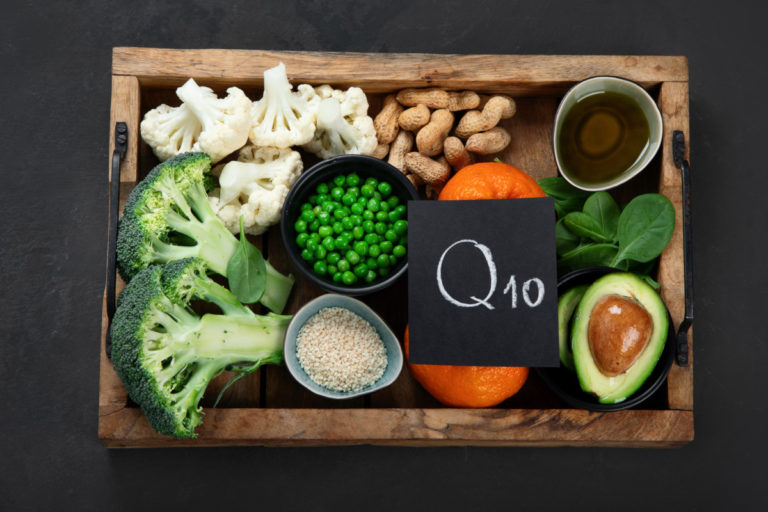
In fact, when LDL (bad) cholesterol is oxidized, CoQ10 is one of the main antioxidants that reduces the damage from this unfavorable process.
Coenzyme Q10 protects mitochondrial membrane proteins and DNA from oxidative damage that accompanies lipid peroxidation, and also directly neutralizes free radicals associated with almost all age-related diseases (heart disease, cancer, diabetes, neurological disorders, etc.).
Improves heart health and neutralizes the effects of statins
CoQ10 has great potential in the prevention and treatment of heart disease. As an antioxidant, it improves cell bioenergetics and increases the ability to eliminate free radicals.
CoQ10 supplements are extremely beneficial for people taking statins. Statins are used to suppress a specific enzyme in the liver that reduces not only cholesterol production but also the body’s natural production of CoQ10.
CoQ10 improves circulation and increases blood flow, which is helpful for heart failure, and also lowers blood pressure.
Slows down the aging process
As a result, energy metabolism slows down, and skeletal muscles and organs, such as the heart muscle, liver, etc., undergo degenerative processes.
Coenzyme Q10 supplementation provides protection against these processes and reduces age-related DNA damage.
The coenzyme increases the activity of the antioxidants catalase and glutathione, which protect cell membranes from free radicals, and has a regenerating effect on all organs and systems of the body. This is the reason why CoQ10 is used to treat heart disease, reproductive problems, cognitive decline, bone, joint and muscle disorders, and more.
Other Benefits of Coenzyme Q10
- Supports the action of chemotherapy drugs and reduces their side effects
- Helps prevent colon cancer
- Helps prevent cervical cancer
- Improves cognitive and neurological health
- Supports male fertility by improving sperm motility and increasing sperm count
- Relieves symptoms of fibromyalgia
COQ10 is found in such low amounts in most foods that even a healthy diet may not be a practical way to meet the recommended daily allowances. Taking a daily high-quality supplement containing CoQ10 in capsule form can compensate for the deficiency of the coenzyme and provide a number of health benefits.
